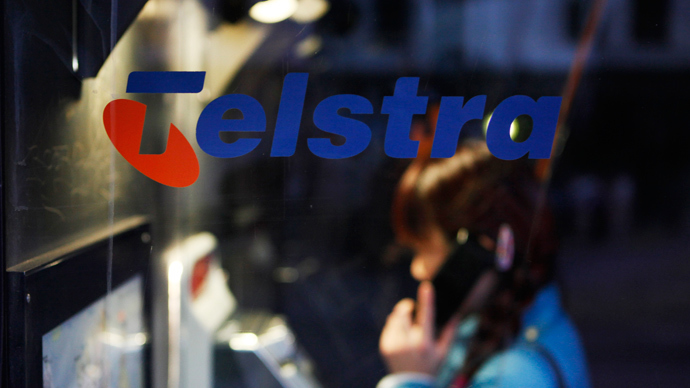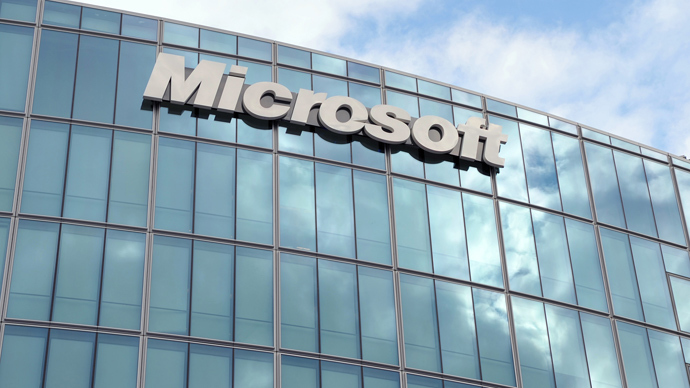Telstra, Australia’s largest phone company, stored emails and phone calls to be handed over to US intelligence upon request, according to an agreement it signed in 2001 with the FBI and US Department of Justice.
The copy of the 12-year-old agreement, which was posted
online on Friday by news website Crikey, is in confirmation of
this week’s earlier leak by Edward Snowden, revealing that large
amounts of communication data sent around the world via undersea
cables could be intercepted by the US, based on the agreements
federal agents signed with foreign corporations.
According to the leaked document, undersea cabling company Reach
– a joint venture of Telstra (then 50.1 percent-owned by the
Australian Government) and PCCW, a Hong Kong corporation – had to
send all communications to or from US to a storage facility
“physically located in the United States, from which
Electronic Surveillance can be conducted pursuant to Lawful US
Process.” The document also specifies the facility should be
run exclusively by US staff.
The US demanded the ability to have access to all emails and
phone calls between the US and other countries, meaning foreign
citizens also had their data landing in America. Apart from the
content of communications, Reach was supposed to supply call
associated data, subscriber information and billing records.
Those were to be stored on American soil for no less than two
years.
The Australian Greens Party has called on Telstra to
“immediately disclose details” of the deal, which allowed
“the FBI and US Department of Justice to monitor calls and
data traffic via the company's undersea cables,” according to
the party’s website.
“This is an extraordinary breach of trust, invasion of
privacy, and erosion of Australia’s sovereignty,” Greens
Party Senator Scott Ludlam said.
Telstra has meanwhile issued a statement justifying the deal.
"This agreement, at that time 12 years ago, reflected Reach's
operating obligations in the US that require carriers to comply
with US domestic law," the statement says.
The disclosure of the deal between the Australian telco and the
US intelligence comes in the wake of Edward Snowden’s disclosures
detailing a top-secret NSA surveillance program.
The White House continues to justify the practices as
legally-authorized amid mounting criticism from the public and
politicians. Snowden is seeking asylum to avoid prosecution in
the US, where he is accused under the Espionage Act.


